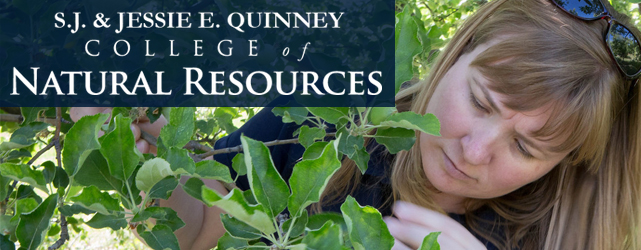Invasive Frogs’ Influence on Lowland Forest Arthropod Communities and Ecological Processes in Hawaii
Presentation at the Vertebrate Pest Conference, Berkeley, California
Abstract
The coqui frog Eleutherodactylus coqui, endemic to Puerto Rico, was accidentally introduced to Hawaii in the late 1980s, where they can reach densities of 55,000/ha and attain sound levels of 80 decibels. Such high sound levels have caused sleep loss of residents and tourists and have negatively affected Hawaii’s nursery industries and real estate values. The effects of this introduced predator on invertebrate communities and ecological processes, such as nutrient cycling, are largely unknown. There is concern that E. coqui will affect Hawaii’s endemic and endangered invertebrates; E. coqui, on average, consume 7 prey items per day in Hawaii and at high densities can potentially consume over 500,000 invertebrates every two days per hectare.





